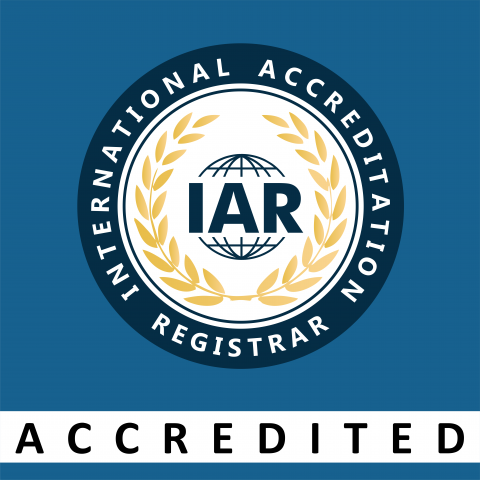ISO/IEC 27005 – Information Security Risk Management Conformity Assessment
Overview
ISO/IEC 27005 provides guidelines for information security risk management. Our assessment helps organizations:
Evaluate risk management processes against international standards
Identify gaps in cybersecurity risk identification and treatment
Align with ISO/IEC 27001 requirements for risk assessment
Improve decision-making for security investments
Who It's For
Organizations implementing or maintaining an ISMS
Risk management and compliance teams
CISOs and information security managers
Critical infrastructure operators
Companies preparing for ISO 27001 certification
Why an ISO 27005 Assessment Matters
Risk-Based Security: Prioritize security investments effectively
Regulatory Compliance: Meet NIS2, DORA, and other cybersecurity regulations
Stakeholder Confidence: Demonstrate mature risk governance
Incident Prevention: Proactively identify security vulnerabilities
Scope of Our Assessment
Risk Framework Evaluation: Methodology and processes
Risk Identification: Asset, threat, and vulnerability analysis
Risk Analysis: Likelihood and impact assessment
Risk Treatment: Control selection and implementation
Monitoring & Review: Risk reassessment processes
Our 6-Step Assessment Process
Scoping Workshop: Define risk assessment boundaries
Document Review: Risk management policy and procedures
Interviews: Engage with risk owners and security teams
Process Validation: Risk assessment walkthroughs
Gap Analysis: Compare against ISO/IEC 27005 guidelines
Reporting: Deliver Conformity Assessment with improvement plan
Deliverables
Conformity Assessment Certificate (valid 1 year)
Risk Management Maturity Report
Implementation Roadmap
Executive Briefing Package
Why Company Certification Int.?
Risk Management Experts: Assessors with CRISC and ISO 27005 knowledge
Sector-Specific Approach: Tailored for finance, healthcare, energy, etc.
Practical Focus: Actionable recommendations, not just compliance
Global Standards Alignment: Integrates with NIST, COBIT, and ISO 27001
FAQ
Q: Is ISO 27005 certification available?
A: No, it's a guidance standard. Our assessment provides formal recognition of your risk management alignment.
Q: How does this differ from ISO 27001 risk assessment?
A: ISO 27005 provides detailed methodology, while 27001 specifies requirements - we assess both.
Q: Can this integrate with our enterprise risk management?
A: Yes, we evaluate integration with overall ERM processes.
Q: What's the typical assessment duration?
A: 2-3 weeks depending on organization size and complexity.
Q: Do you help implement improvements?
A: Yes, we offer optional risk treatment implementation support.
Get Started
Ready to strengthen your cybersecurity risk management?
[Request Risk Assessment] [Download Risk Checklist]

